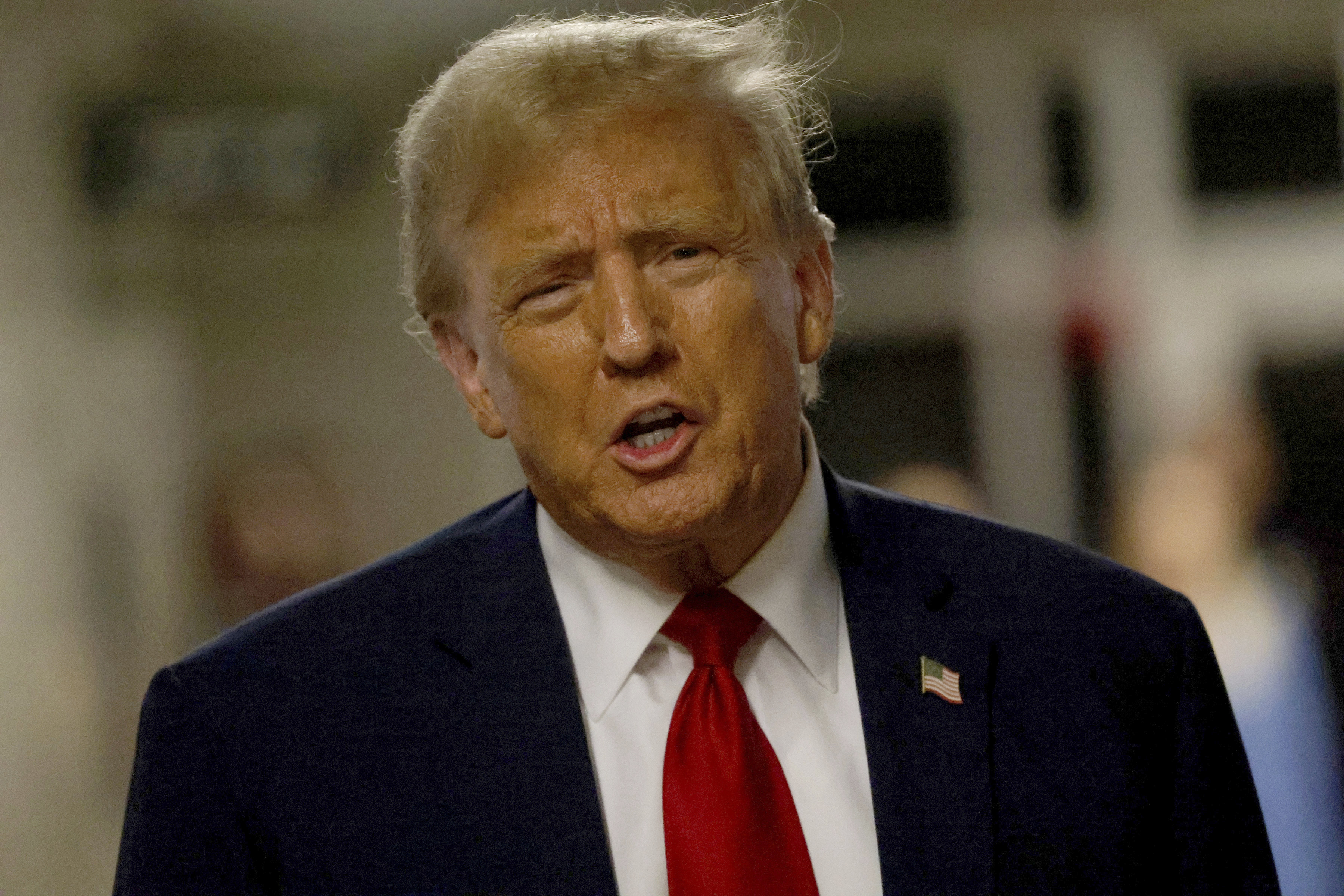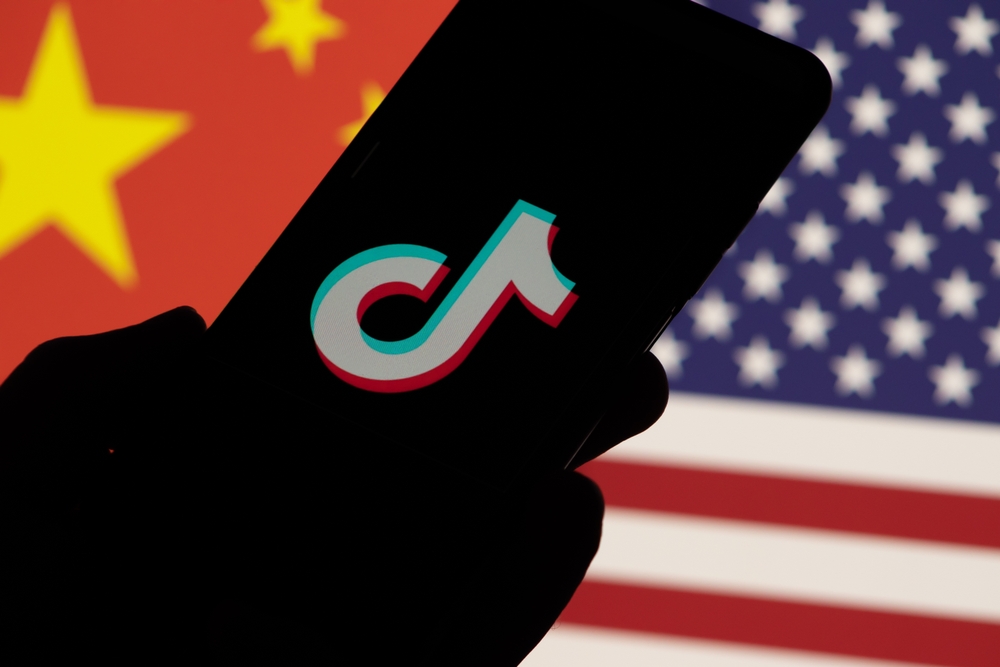The California Supreme Court on Monday denied a law license to a disgraced former journalist who was caught fabricating dozens of stories for major national magazines.
The unanimous seven-judge court ruled that Stephen Glass had insufficiently rehabilitated himself in the years since his misdeeds, saying he "failed to carry his heavy burden of establishing his rehabilitation and current fitness."
Glass' misdeeds stunned the profession when they were uncovered in 1998. His widely publicized fall from grace earned the rising star a prominent place in the pantheon of journalistic cheats and scoundrels such as Janet Cooke and Jayson Blair — two prominent reporters caught fabricating quotes, sources and entire stories.
Glass' ethical missteps were turned into the Hollywood movie "Shattered Glass" and recounted in his novel "The Fabulist," for which he earned $190,000.
Glass, 41, now works as a paralegal for a Los Angeles law firm and lives in a suburb. Through his lawyer, Glass declined an interview request.
Attorney Jon Eisenberg said his client "appreciates the court's consideration of his application and respects the court's decision."
Glass went to work for The New Republic magazine in 1995 and began filing colorful and attention-grabbing articles, including a racially explosive piece that culminated with his supposedly witnessing the robbery of a cab driver.
U.S. & World
News from around the country and around the globe
He also filed stories reporting that young, politically conservative Republican men were more interested in sex and drugs than politics, and about a supposed encounter with a computer company help desk that brought an anti-Semitic slur.
In the end, 31 of 42 articles Glass published in The New Republic were found to contain significant fabrications and falsehoods.
Glass was exposed in May 1998 when a reporter for Forbes Digital Tool uncovered significant fabrication in a story Glass wrote for George magazine detailing a supposed young hacker's extortion scheme of a software company.
Still, Glass pressed on with his cover-up. He created fake business cards, a bogus website and notes that he asserted were from interviews with sources.
Ultimately, Glass conceded that he fabricated the "Hack Heaven" piece and was fired.
His editor at The New Republic, Charles Lane, testified before a California state bar committee, saying Glass was not helpful or forthcoming in assisting the magazine in identifying all the bogus stories.
The California Supreme Court said its review "indicates hypocrisy and evasiveness in Glass' testimony at the California State Bar hearing."
"We find it particularly disturbing that at the hearing Glass persisted in claiming that he had made a good faith effort to work with the magazines that published his works," the court said.
Glass argued that he had undergone years of psychotherapy since being exposed. He also pointed to several former teachers, judges he clerked for, and others who testified on his behalf at the 2010 state bar court hearing as proof he was fit to practice law.
The California Supreme Court said that wasn't enough.
"We also observe that instead of directing his efforts at serving others in the community, much of Glass' energy since the end of his journalistic career seems to have been directed at advancing his own career and financial and emotional well-being," the court wrote in the unsigned ruling.
While working at The New Republic, Glass attended Georgetown University Law Center, graduating in 2000. After passing the New York state bar exam, Glass in 2002 applied to practice law in that state. He withdrew his New York application two years later after he was informally told that his application would be rejected.
The California Supreme Court cited Glass' aborted efforts in New York as a major reason for rejecting his latest application to practice law.
"In the New York bar application materials, he exaggerated his cooperation with the journals that had published his work and failed to supply a complete list of the fabricated articles that had injured others," the California Supreme Court wrote.
Glass applied to practice law in California after passing the state's bar exam in 2007. But divided state bar officials grappled with his application, finally appealing to the California Supreme Court to decide.
A committee reviewing his application deemed him morally unfit for a license. But that determination was overturned by a state bar court that found Glass had shown enough rehabilitation to be trusted to practice law in California.
The state bar committee then appealed to the California Supreme Court.
"The ruling today vindicates the idea that honesty is of paramount importance in the practice of law in California," State Bar President Luis J. Rodriguez said.



